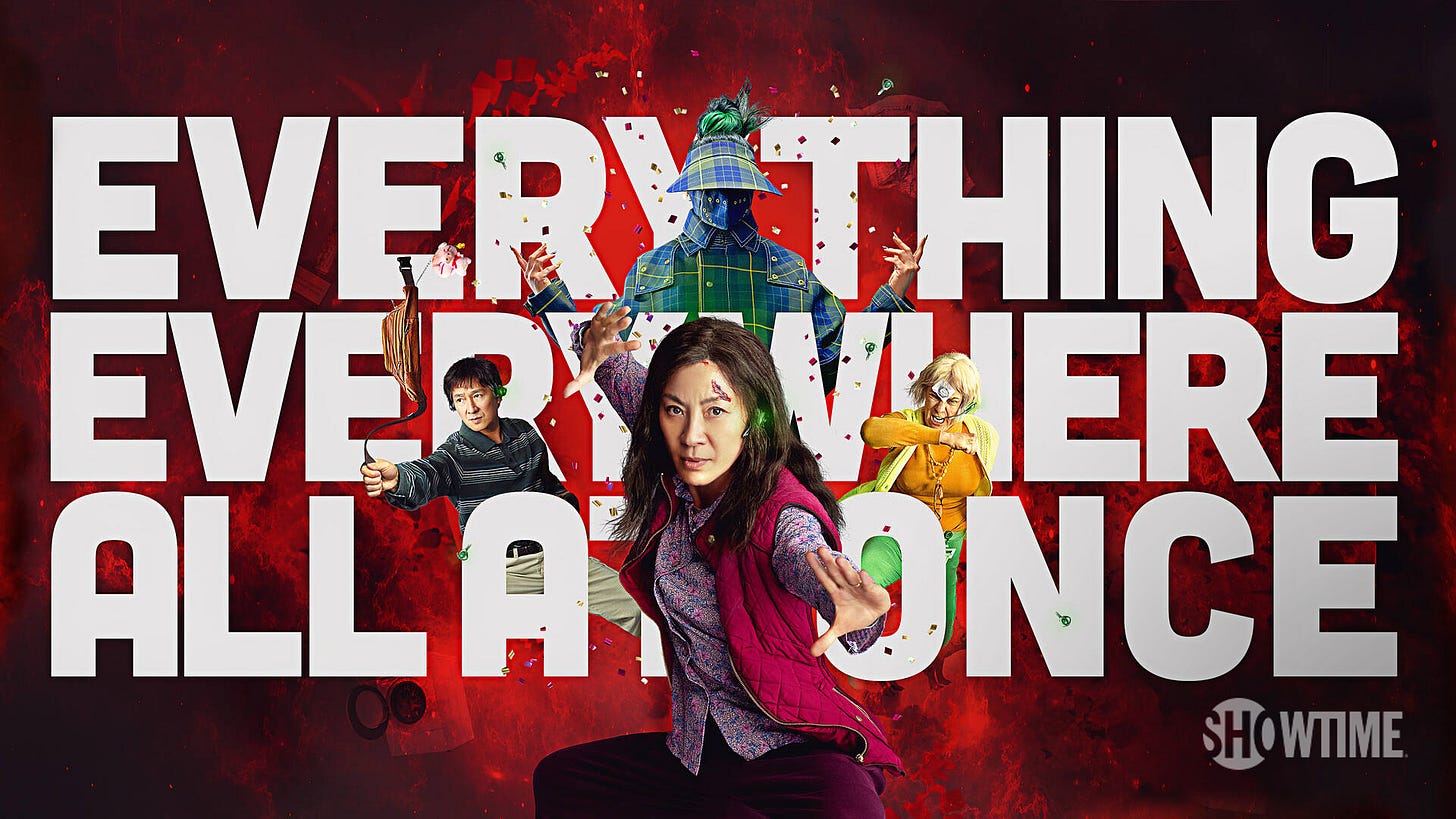This weekend, the online gaming convention, A Weekend With Good Friends is on, and this morning I was on a panel titled, The Art of Being a Great Horror RPG Player: Tips and Tricks for Roleplaying Effectively. You can watch it on YouTube (see below). It is age restricted—though us panelists weren’t aware of this so there was little or no swearing! Thanks to my fellow panelists for a great discussion, and to David for chairing.
In preparation for today’s panel, I had a listen to a previous panel I’d been on with The Smart Party that we recorded in the before times.
One of the standout moments of that discussion was Ben’s comment (along the lines of):
You’ll judge your game by the story that developed and the actions you took, not by how well you played your backstory.
That certainly rings true for me. As with most aspects of roleplaying your mileage may vary—some people love writing a long backstory, and if that’s what someone enjoys then fair play to them. I guess the tip here is not to feel compelled to do it, and to play your character in a way that suits you.
Playing an RPG has a lot in common with other social occasions. If you go out to dinner with a bunch of people, a lot of the same things apply: be polite; show consideration to others; talk and be good company (whatever that means to you), but without dominating; engage other people in conversation and listen to what they have to say. There are differences too, but in our discussion of safety tools, I was left wondering about using the X-card at a dinner party—yeah I’m kinda of half joking, I don’t know.
A few of things that we didn’t mention in today’s discussion were bad habits. I can think of a three. The first, I’m going to call ‘Everything Everywhere All At Once’.
What I mean by this is, as a player, your character is in one place at one time. When the GM cuts to another place with other player characters, your character isn’t there too. When the spotlight moves to a scene without you in it, be happy to spectate. Doesn’t mean stay silent, you can offer comments and encouragement—but your character is not in the scene. Robert Shaw isn’t in every scene of Jaws, and is your character half as cool as Quint? Enough said.
Second thing to avoid, telling other players what to do. Specifically, I’m thinking here of when a player says their character is doing something, and another player steps in to contest it. Like Sarah says she’s going to ring the doorbell, then Kevin debates whether she should do that or not. If I’m in the role of GM, I look at Sarah and ask, “Is your character pushing the doorbell?” If she says yes, then it’s done.
If Kevin wants to have his character shout ‘Stop!’, then it’s up to Sarah whether it gives her pause or not. Or Kevin could state that his character is attempting to physically prevent the doorbell being pushed, in which case there might be a dice roll involved to determine the outcome. Difference is, those two actions (shouting stop or physically intervening) are done in character—in the fiction if you like. If Kevin simply speaks as a player, arguing against another player’s choice of action that’s bad on two levels: it takes away another player’s agency; and it slows the game down.
There is an exception to the above of course, and that’s when the someone objects to the action on an emotional level, like it’s something they would use the X-card for—it’s too upsetting or objectionable in some way. Let’s say Sarah, rings the doorbell, gets no response, picks the lock and goes in. A friendly dog comes toward her wagging it’s tail, and Sarah pulls out her Glock and shoots it—now when Kevin objects, that feels like a different kettle of fish. Probably because it is.
Finally, sitting on a good idea during a game. We all get them sometimes, even me. You think of something—something so clever—everyone is going to love it! But not now, it needs the right time. Then things move on, and the situation changes. Now, the thing you thought of no longer fits. Then the game ends.
If you have a good idea, don’t sit on it—share it! Doesn’t mean blurt out everything that comes into your head with no filter. The rule about being polite and considerate to others still stands. I guess the tip is don’t wait too long to share your good idea. And you know what? After you share that good idea another one will come along pretty soon.
I’m in another panel on Sunday, at 11am GMT+1, titled ‘Creating a Horror RPG Campaign: Tips and Tricks for Crafting an Engaging and Immersive Story.’ It will be available to watch at https://youtube.com/live/MvRkQWzxoyE
You can find the Good Friends of Jackson Elias Discord here.




I should have also said, there's a whole host of panels through the weekend.
A good reminder for RPGs of any genre! I’ve read about the X-card, but never actually seen one used. Have you had a lot of experience with it? Do you find it helpful?